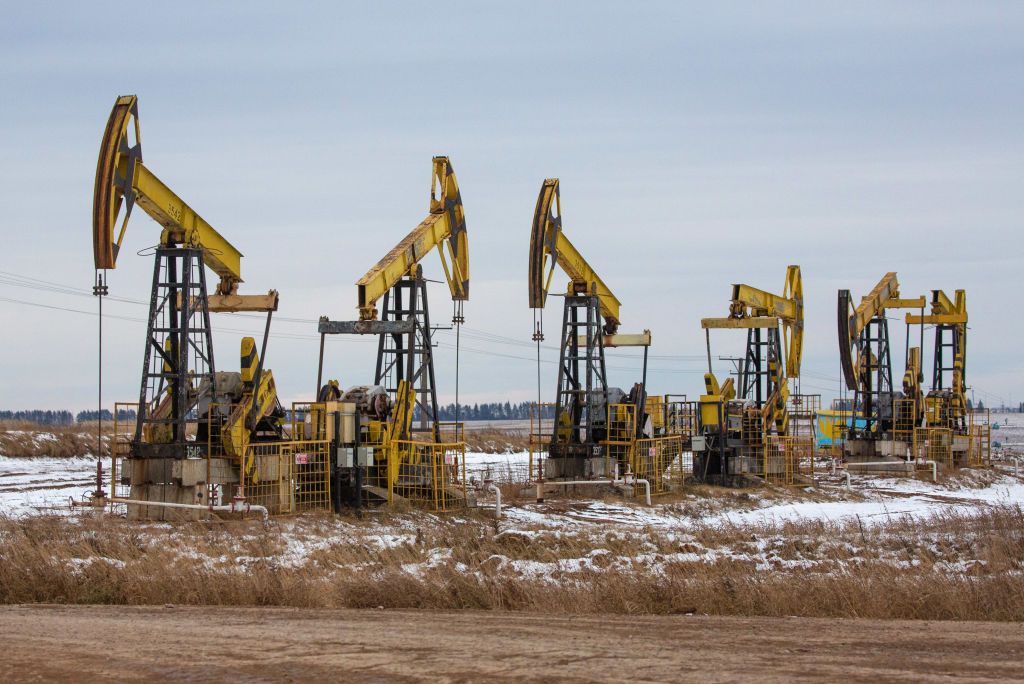Russia boosts oil exports following Ukrainian strikes on refineries, Reuters reports

Russia has revised its August crude oil export plans from ports in west of the country, increasing them by 200,000 barrels per day compared to the initial schedule, Reuters reported on Aug. 26, citing industry sources.
This followed Ukrainian attacks on Russian oil infrastructure. According to Reuters calculations, Ukraine struck 10 refineries throughout August, shutting down facilities representing 17% of national processing capacity, or 1.1 million barrels per day.
The paralyzed refineries freed up additional crude oil volumes for export. According to the outlet, total loadings from Primorsk, Novorossiysk, and Ust-Luga are expected to reach 2 million barrels per day, up from the planned 1.8 million.
Russian oil companies have yet to receive final loading plans for September, though typically the schedule is finalized a week before the start of the month.
Industry sources told Reuters that repair timelines for damaged Russian energy facilities change daily due to ongoing attacks.
The Russian Druzhba pipeline, one of the world's largest oil pipelines, suffered the most damage from Ukrainian strikes.
According to Reuters' sources, damage to key routes could cost Russia up to 500,000 barrels per day in exports, creating serious challenges for the country's budget revenues amid Western sanctions.
Ukrainian drones on Aug. 13 struck the major Unecha oil pumping station in Russia's Bryansk region, which is part of the pipeline network, continuing strikes throughout the week.
Ukraine also attacked the Nikolskoye oil pumping station in Russia's Tambov region on Aug. 18. Subsequently, it was announced that Russian crude oil flows to Hungary and Slovakia via the Druzhba pipeline were halted.
This led to condemnation from Hungary's Foreign Minister Peter Szijjarto, who referred to the attack as "outrageous." U.S. President Donald Trump also expressed displeasure with the attacks in response to a letter from Hungarian Prime Minister Viktor Orban.
Russian oil supplies to the EU resumed the following day, but tensions between Ukraine and Hungary persisted.
Speaking on Aug. 24, President Volodymyr Zelensky said: "We have always supported friendship between Ukraine and Hungary. The existence of the friendship ("druzhba" in Ukrainian) depends on the position of Hungary."
Zelensky made the comments in response to a question whether Ukrainian attacks on the Druzhba pipeline was connected to Hungary's veto of Kyiv's EU accession. This led to Hungary interpreting Zelensky's comments as threatening the Druzhba pipeline over Budapest's stance on EU talks.











